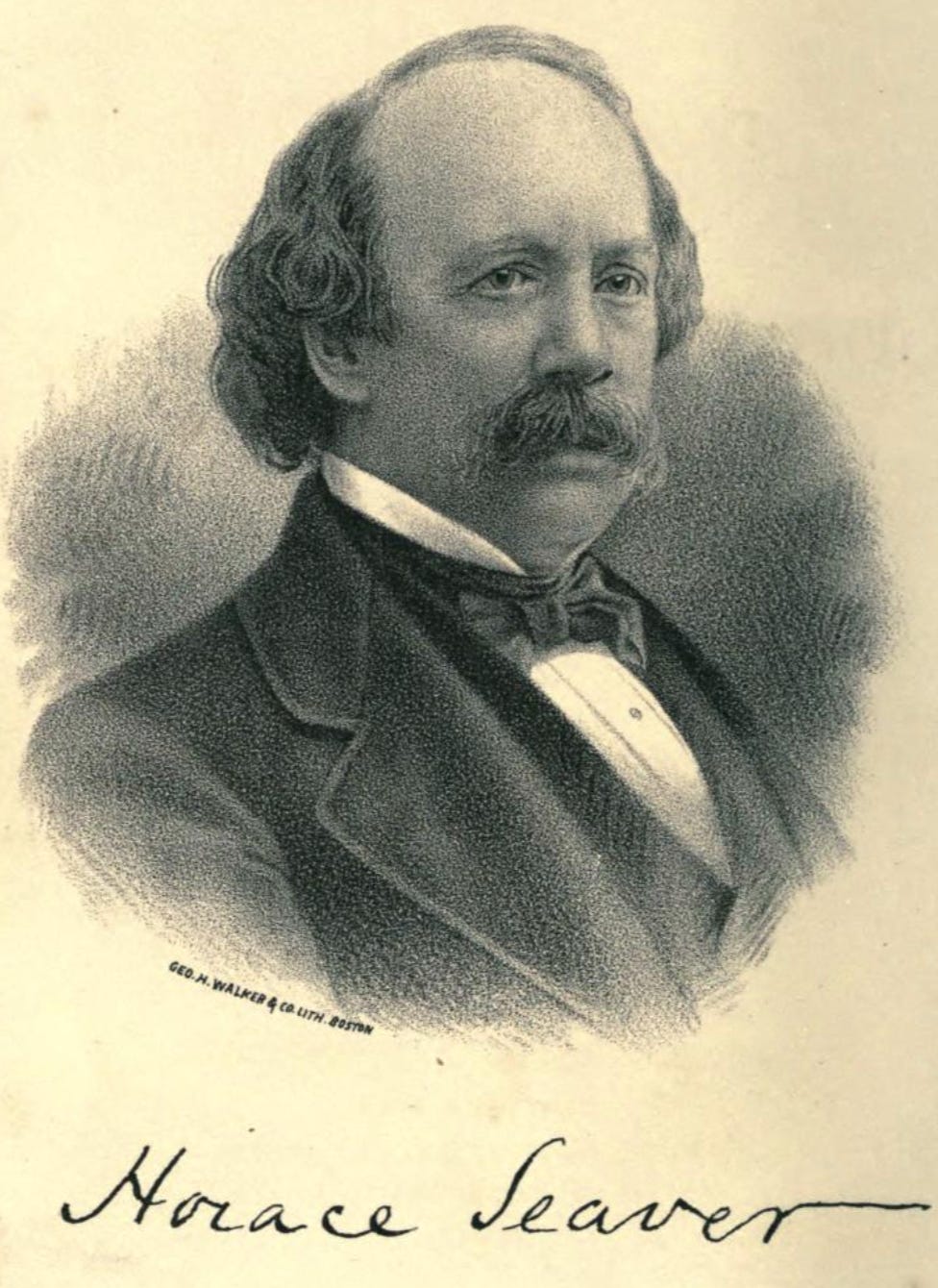Freethought and Class
Here then is the root of the evil: those who controlled their destinies were more informed than they. Superior information gave them superior power.
Here’s another passage from Horace Seaver’s Occasional Thoughts, describing the connection between social class and infidelity:
THE WORKING CLASS
If the working class had always been as enlightened as any other class of the community, is it not certain that the institutions of society, framed and established under the influence of such enlightenment, would have been calculated to promote their interests at least, equally with the interests of any other class of the community?
They alone were the producers of wealth; they were always superior in numbers; what then could it be but want of intelligence that disabled them from demanding the formation and establishment of institutions which would make them who were the only producers, the proprietors and enjoyers of at least as great a share of the proceeds of their own industry, as any others?
Here then is the root of the evil: those who controlled their destinies were more informed than they. Superior information gave them superior power; and having a direct interest in accumulating the products of other people’s labor (themselves being exempt therefrom) and thus of subjecting the working classes to endless toil, they were induced and enabled by such degrees as each succeeding state of society would admit, to frame and establish institutions, the almost invariable result of which is to render poverty-stricken and degraded the condition of the producer, while they enrich and aggrandize the indolent consumer. Here then we discover the main cause of the degradation that ever has, and ever will assail the workingmen, so long as they continue the lamentable subjects of it, and one which nothing can remove but the general diffusion of knowledge through the working class, and an unreserved dissemination of truth, particularly in relation to equal rights and moral and political economy.
Horace Seaver (1810-1889), Occasional Thoughts of Horace Seaver. From Fifty Years of Free Thinking. Selected from the Boston Investigator, 1888.




